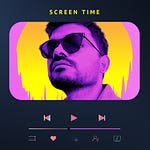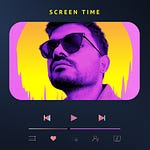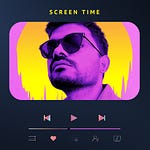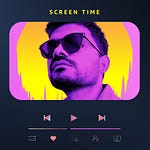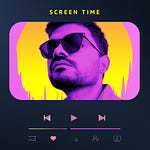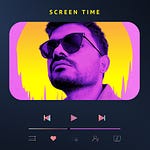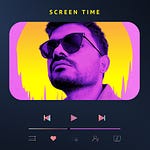What’s History?
What’s history? History is a study or record of past events. It doesn’t matter where you live or what culture you are part of — it works the same. We have to look at history to decide the present and future. So history is very important; either bad or good, history is important.
However, in my observation, the history we know of as a general audience through basic education is not particularly history. It’s a narrative.
History vs. Narrative
Why aren’t history and narrative the same thing? What the narrative approach does to history is take historical events and apply them in a biblical framework, then present the narrative. That’s not history. There is a viewpoint — a singular viewpoint in most cases.
You cannot understand the past in that way because you’re going to see exactly the result that the narrative produces. Narrative serves a storyline. It doesn’t serve objective facts, because narrative is a framework. History doesn’t happen in a narrative order.
History is more of a case study, and approaching history as a narrative is very problematic because when you read a narrative, it only gives some glimpse of the past to titillate the audience. It’s problematic when you look at actual events in that way.
Narrative Framing in Documentaries
Something came to my mind to compare this to streaming documentaries. I don’t want to name brand names, but if you watch any documentaries from the past 5–10 years, every documentary starts with the same tone, has a similar editing technique, and similar ominous music. That’s not a documentary. It looks like somebody went to film school, understood all the filmmaking techniques, and was just good at editing.
Before the subjects talk about a problem or what happened, they play the music to make the audience feel a certain way before they even understand the context. That is what narrative is. And documentaries shouldn’t be that way because it’s a documentary. It shouldn’t spoon-feed you. It shouldn’t tell you this is the bad, this is the good. Instead, try to understand the subject — what exactly happened, the context. Most documentaries out there right now look like that. That is the worst technique to present facts.
The Problem With Teaching History as Narrative
That’s the same problem I have with history. Unless you are deep into it, you never come across actual history. Fine, not everybody will read that much to understand history. But at least if you are giving somebody context of history, you should not give them a narrative. Because what you’re doing is training them to see any history in a certain way.
You cannot see history from a biblical standpoint. It doesn’t matter where you’re from, who you are, or what language you speak. Every history should have its merits and its lessons. Seeing an already judged view is not good. It’s not healthy. It’s not healthy for humanity.
I’m concerned about that as a writer because I think that is cheating. Because everything I do with fiction — it’s out there in nonfiction. That’s disturbing. You shouldn’t do that.
Tip: Reason vs. Faith
I divide how I look at history into two ways: Reason vs. Faith.
I look at history in a reasoning way, not faith-based. I mean, both somehow deal with truth and belief. But the difference is that when you look at history through a reasoning lens, you look for evidence.
Instead of trying to create a narrative or looking for patterns, we should only look at the events. That event itself has its own truth, its own facts. But when we try to connect that with another event, then we start creating a sequence that eventually creates a story. And that’s problematic. That’s not good for history.
Because faith-based history already looks for a conclusion without evidence, or before it even gets to the evidence. You cannot apply, in this case, “I believe it, so it’s true.” No, it’s not. Sometimes history doesn’t support what you believe. Maybe you are wrong in that case.



